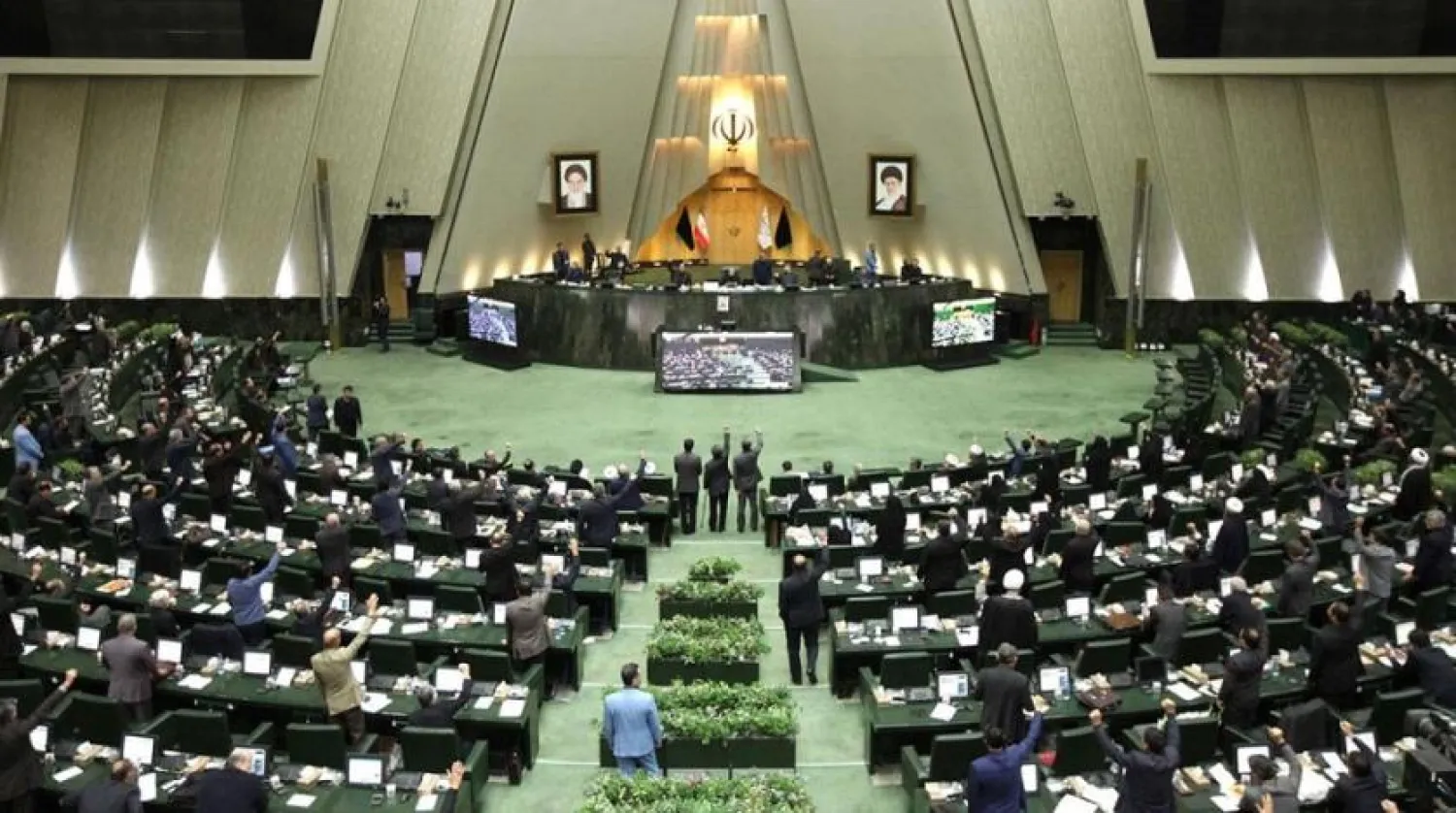Iranian lawmakers have urged President Ebrahim Raisi to obtain guarantees from the US and three European countries that they won't withdraw from the nuclear agreement being renegotiated in Vienna, an Iranian news agency reported Sunday.
Meanwhile, Israel’s prime minister said the emerging deal is less stringent than the previous agreement, The Associated Press said.
Negotiators from Iran and the remaining parties to the agreement — Britain, France, Germany, Russia and China — are working to restore life to the 2015 accord, which granted Iran sanctions relief in exchange for curbs on its nuclear program.
The United States has participated indirectly in the talks because it withdrew from the deal in 2018 under then-President Donald Trump. President Joe Biden has signaled that he wants to rejoin the deal.
The Iranian parliament’s news agency, ICANA, reported that 250 lawmakers in a statement urged Raisi and his negotiating team to obtain guarantees from the US and the three other European counties that they won't withdraw from the deal after it is renegotiated.
Under Trump, the US re-imposed heavy sanctions on the Iranian Republic. Tehran has responded by increasing the purity and amounts of uranium it enriches and stockpiles, in breach of the accord — formally known as the Joint Comprehensive Plan of Action, or JCPOA.
Iran long has insisted its nuclear program is peaceful. But the country’s steps away from its obligations under the accord have alarmed its archenemy Israel and world powers.
Tehran has started enriching uranium up to 60% purity — a short technical step from the 90% needed to make an atomic bomb, and spinning far more advanced centrifuges than those permitted under the deal.
German Chancellor Olaf Scholz told participants at the annual Munich Security Conference on Saturday that the talks have come a long way over the past 10 months and “all elements for a conclusion of the negotiations are on the table.” But he also criticized Iran for stepping up its enrichment and restricting inspections by monitors from the UN nuclear agency.
Iran’s foreign minister said that it’s up to Western countries to show flexibility and “the ball is now in their court.”
Israeli Prime Minister Naftali Bennett said Sunday the emerging deal over Iran’s nuclear program is less stringent than the previous agreement, which Israel vehemently opposed. It has urged negotiators to take a hard line against Iran in the current round of talks.
“The emerging new deal is shorter and weaker than the previous one,” he told a meeting of his Cabinet.
He said the deal would see Iran rein in its nuclear activity for two-and-a-half years, rather than the 10 years under the collapsed previous deal, granting Iran sanctions relief for only a brief slowdown of its nuclear activity. After that, he said, Iran could develop and install “stadiums of centrifuges.”
Bennett said that sanctions relief would free up cash Iran will use to fund its proxies along Israel’s borders.
Israeli Defense Minister Benny Gantz said during an appearance Sunday at the Munich Security Conference that action must be taken to ensure that Iran does not continue to enrich uranium in additional facilities and "oversight must be increased.”
"A nuclear deal, if signed with Iran, does not mark the end of the road,” he said.
Israel has watched with trepidation as the talks have carried on. Israel considers Iran to be its greatest enemy and it strongly opposed the 2015 deal.
It says it wants an improved deal that places tighter restrictions on Iran’s nuclear program and addresses Iran’s long-range missile program and its support for hostile proxies along Israel’s borders, like the Lebanese militant Hezbollah.









